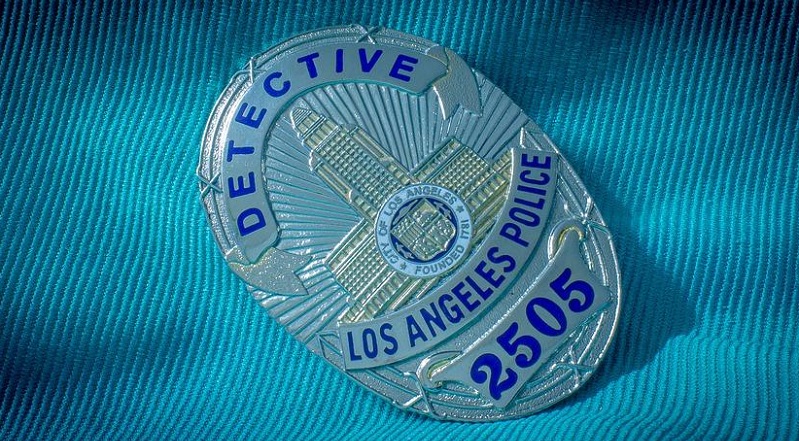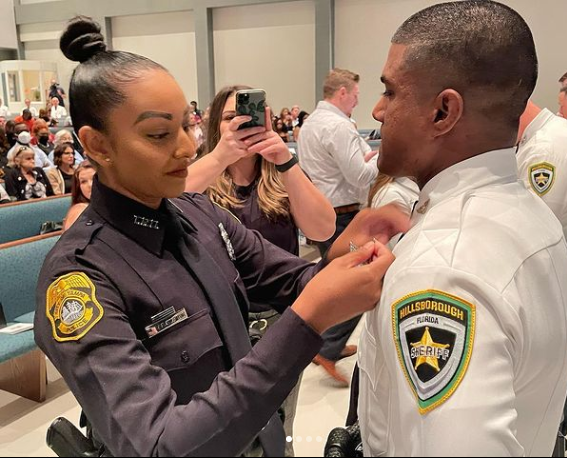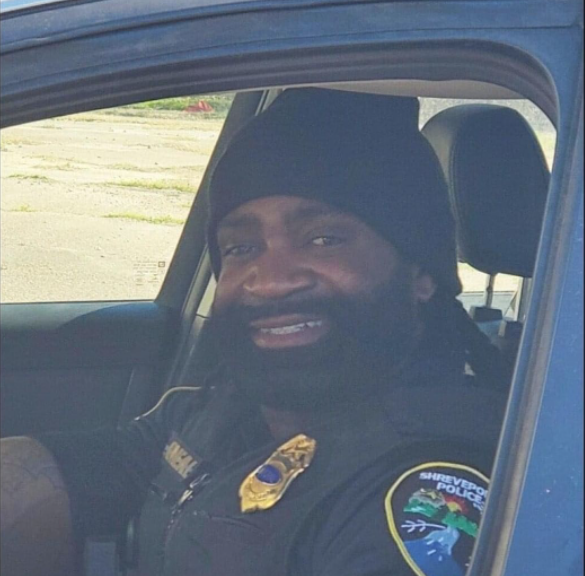
I didn’t plan on writing about fresh recruits populating America’s police academies, then writing on veteran law enforcement officers concluding cop careers, but the latter group kept showing up lately.
Bravo to all of them!
Having been there, handing in their tin shield highlights finales for cops who survived the mean streets with bravado and earned emotional sendoffs by signing off on the police radio for the last time.
Where police academy graduations are a rite of passage into police culture, retirements entail rituals in which cops generally let their guard down. Even thereafter, indoctrination of cop culture always maintains a certain degree of vigilance and life-sustaining habits and eagle-eye acuity.
Thus, the tears trickling upon saying goodbye and farewell to brothers and sisters holding the line and showing out in badges…is well earned and a testament to survival instincts paying dividends…well into a future as a civilian.
One of the largest takeaways I received from the police veterans in my department is how unmoved they were when others may have been shaken after the proverbial dung hit the fan. Calm, cool, and collected was their iconic, tacit way of illustrating they’ve seen it all before. The self-control is impeccable and admirable.
Often, we may hear or read how it is best to live without expectation. For cops, it is essential and real and raw in a dignified way. The “old guard” has been around a while, passing off wisdom to new badge-holders.
One takeaway which always stood out (and I paid acute attention) is the way veteran cops were the barometer for younger LEOs, especially mentoring them through waves of politicization—which police executives were more aligned with elected officials than the beat cops who performed all the phenomenal police work.
Cops do not need recognition. Nevertheless, which human among us would wince at getting an Attaboy! here and there? As mentioned, we ought not live with expectations from anyone. However, it is a fundamental nicety when we are acknowledged for our work —a measure of our personal/professional investments in a certain thing— especially when it has to do with the human commodity.
Senior cops who had no official supervisory responsibility for me were always the ones who pulled me aside in the precinct hallway, muttering that they heard about last night’s huge bust or life-saving incident…sometimes punctuated by a high five.
To be fair, as a midnight shift cop, I wouldn’t necessarily see command staff. Thus, cops who had tons of years and skirted official administrative roles were the echo of midnight beat cops doing wonderful work. Thus the significant merit I find in this topic: it’s great to have respected senior police officers around you, sort of serving as a compass in the often chronic storm of mitigating human depravity.
Conversely, these same episodes of metaphorical or literal fist-bumps from highly experienced cops manifest in those to whom they lent an ear or suggestion or a story to pave the way forward. That is one reason I gleefully signed on to be assigned as a field training officer (FTO). Mind you, I didn’t have scores of years on (my department didn’t require that), but I was able to provide police recruits nuggets of bona fide experience from my journey.
Therefore, when we hear or read about the nation’s retention and retirement rates among law enforcement entities, we are acknowledging a wealth of honed police stature and the best ringside managers departing the profession, honorably and deservedly.
That last factor, though, reminded me that all is not necessarily lost…
When in the police academy years ago, most of the instructors were retired cops who were privately hired to teach the latest batch of cadets the ropes. The term retirement is therefore not an end-all, only a pivot for some—from the frontlines to the periphery, so to speak.
In Florida, this is a mainstay at the local-level police academies (versus state police barracks-based training by sworn troopers) and their respective training faculty. The instructors keep up with what is going on in police culture and society, provisioning academic nuances with street senses and anecdotal encounters.
In that context, it becomes momentous to retire—to sign off the radio for the final time. Then, the professional composure we mentioned above gives way to pure human emotion. Knowing your love for something comes to an end is perhaps yet another rite of passage.
The seed toward rite of passage in police culture is achieving everything required to at least be considered for a law enforcement position. The proverbial rite of passage is graduating a police academy and swearing-in aka getting pinned.

(Photo courtesy of Sheriff Chad Chronister.)
I never believed there was an end to being a cop, only yet another rite of passage to retire from police service and reminisce about myriad lives encountered, some saved from the fangs of free-roaming malcontents (especially in certain jurisdictions mis-governed by a certain political party).
At first I wondered why many phenomenal police officers with whom I worked never achieved rank. Most decades-shaped cops candidly claim they “just love working the streets” and do not have any desire for administrative capacities. I witnessed both: great cops solving matters on the frontlines while also informally administering mentorship to the fresh batches of law enforcement officers.
I saw ample examples of selflessness and a fraction of selfishness (we’re only human).
Here is an example which is organic and exemplifies living without expectation (selflessly) while role-modeling the police officer’s oath:

(Photo courtesy of the Shreveport Police Department.)
From the Shreveport Police Department, we have the scoop regarding one of their tenured cops working the beat while also serving as a beacon for younger police officers’ guidance:
“Corporal Lakendrick O’Neal is a 12-year veteran of the Shreveport Police Department and is one of the kindest people you will ever know. He has been a patrol officer his entire career and loves it. He has shown love for our community many times during his career and is well respected by his peers. One of his fellow officers witnessed him show compassion in such a way that she said it made her ‘remember why she chose a life of service.’
“On the morning of April 6, 2022, Corporal O’Neal responded to reports of a child not wanting to go to school. He took the kid to the side and began talking to him to try to get to the root of the problem. During his time with the young man, he discovered he did not have a belt. Corporal O’Neal, being the guy we know him to be, went to the store and purchased a belt for the young man then treated him to breakfast and a heart-to-heart conversation. O’Neal was able to make a connection with that young man that will no doubt have a lasting impact on his life. O’Neal will follow the young man’s progress and has promised to reward him for good grades on his report card.”
It was Daymond John who said, “I believe there are only three pillars to success: knowing your why, setting goals, and educating yourself on how to execute those goals.” Sounds a lot like police academy curriculum…with the exception of unrelenting twists and turns tossed in.
And that is why cops set out goals by educating themselves via seasoned veterans who made it to police retirement and handed in the tin…to a hail of applause and praises at the grand finale.
Legends in law enforcement signing off for the last time surely deposited bits and pieces of themselves among the remaining force. Here is a LEO sendoff of a career cop whose son is also a policeman, one who had the honor of conducting his dad’s final broadcast: